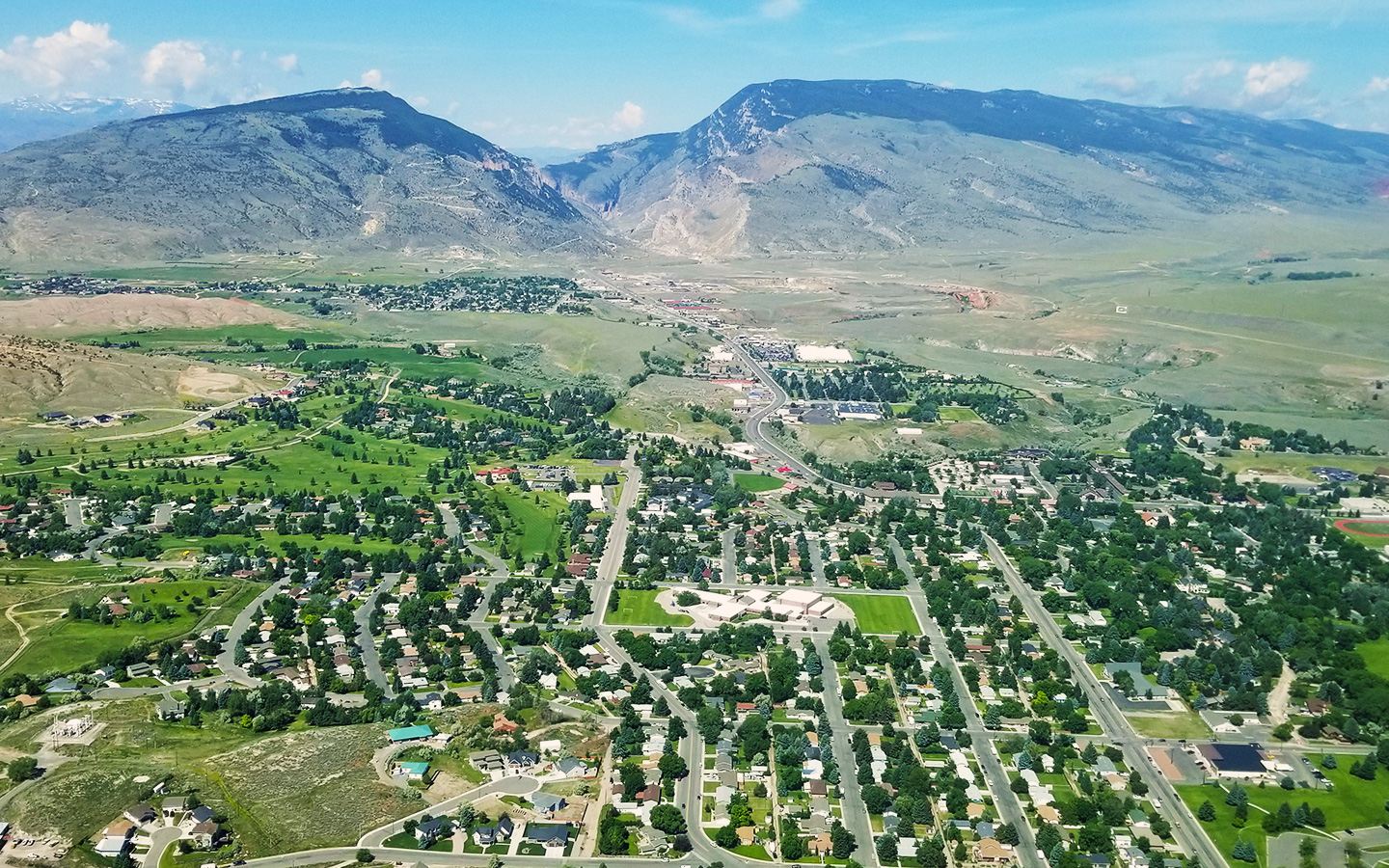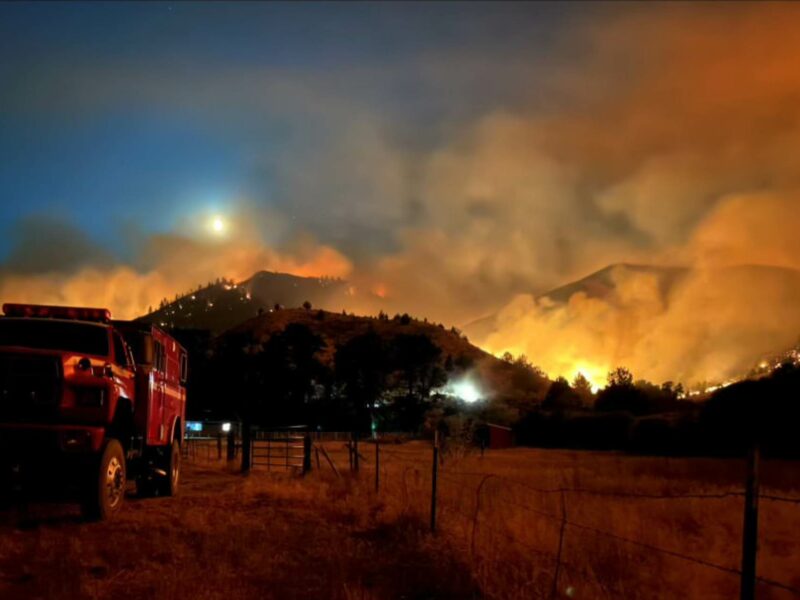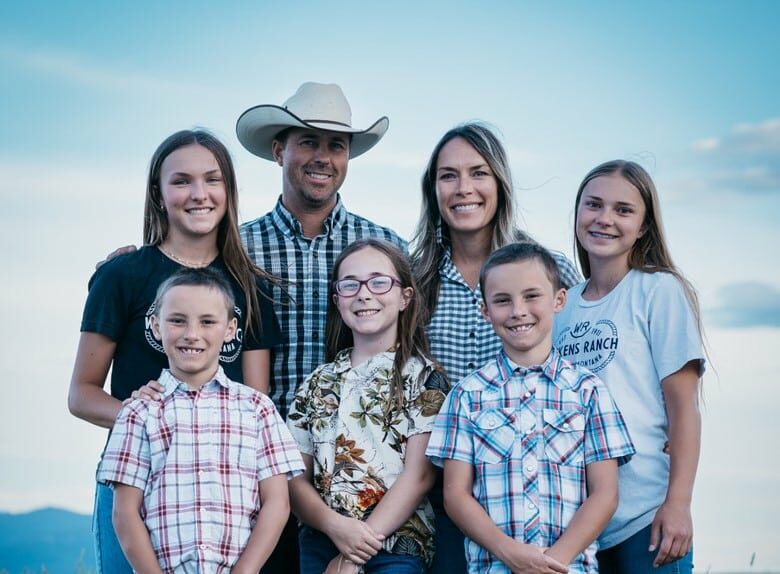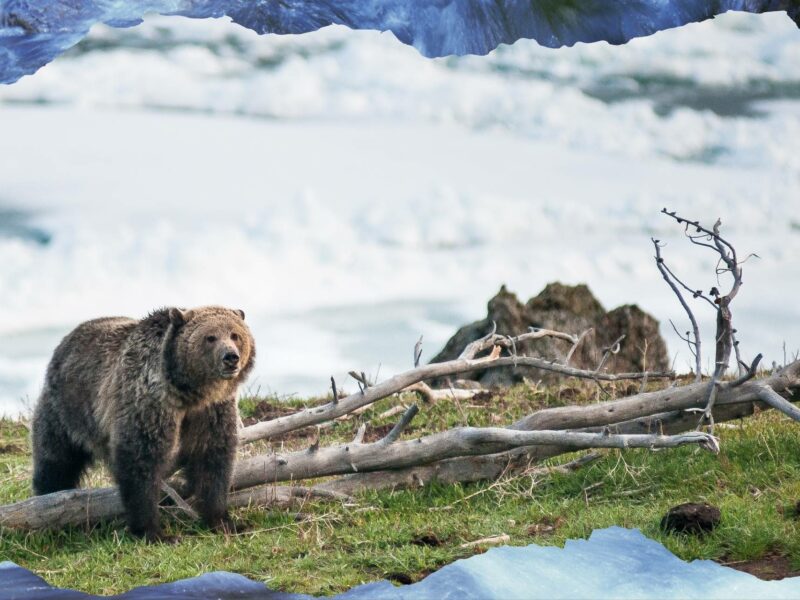While it has been heralded as a conservation success story, the path marking the return of the wolf and grizzly bear across much of the Northern Rockies is riddled with potholes and boulders that show how bumpy a journey it has been. Looking back, we can see the dedication, innovation and leadership required from landowners and ranchers that kept the wheels from falling off for many while carnivore pressure increased. It is a story of adaptation. People adapting to living with species that challenge the viability of their businesses. Wildlife adapting to much of their historic habitat being occupied by people and livestock.
Linda Owens, rancher and director of coalition partner Madison Valley Ranchlands Group says, “Grizzly bear recovery in the Northern Rockies is a major conservation success story, but if we don’t develop more and better tools for reducing livestock losses, ranchers in the Madison Valley won’t survive the grizzly’s comeback. Without viable ranches, there will be far less habitat for bears in the long run.”
Happily, help is on the way. In November USDA Natural Resources Conservation Service announced that a coalition† formed within WLA’s Working Wild Challenge Conflict Reduction Consortium and Heart of the Rockies Initiative High Divide Collaborative, spanning 20 groups across seven states and two tribal nations had secured nearly $1 million to reduce the financial and social burden of expanding predator populations in the West. The national Conservation Innovation Grant of $886,000 will leverage nearly $1.2 million in additional producer, state and tribal agency and organization funds to support innovation and evaluation of practices that reduce agricultural conflict with predators like bears and wolves.
This is a clear example of the power of bringing landowners together to lead on these issues, in partnership with agencies and NGOs. This type of collaboration is at the core of the Working Wild Challenge program at Western Landowners Alliance.
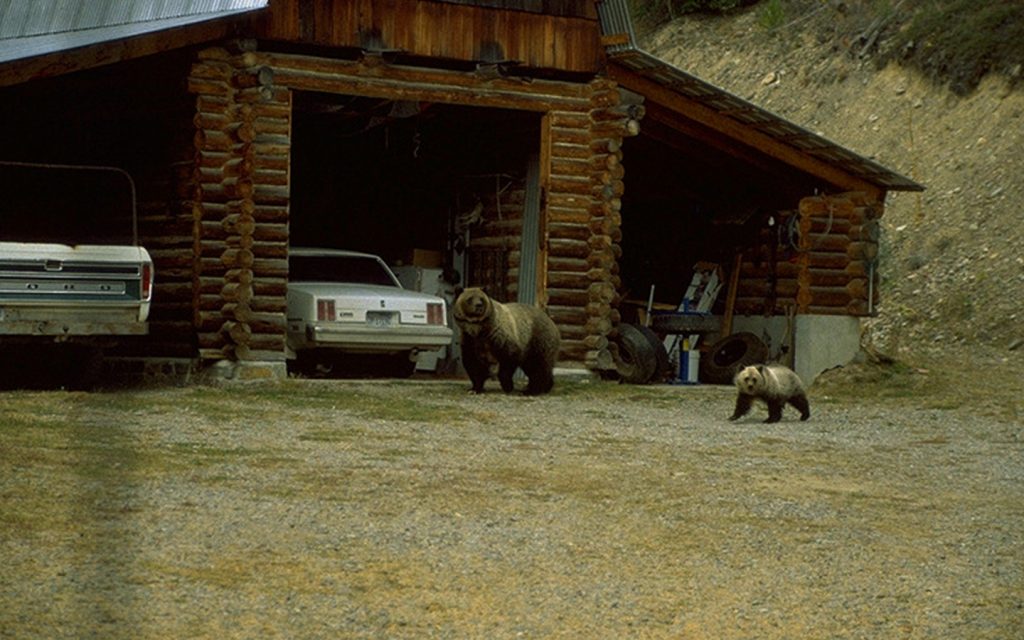
Conservation Innovation Grants (CIG) are competitive grants that drive public and private sector innovation in resource conservation. The project will implement field trials on nonlethal techniques annually for three years in seven states with six independent producers and 11 local landowner groups, representing more than 600 producers, to enable producer-led innovation. We are confident that our coalition, led by landowners, will ensure that this CIG has a meaningful impact on the lives of private land stewards as well as the wellbeing of western wildlife.
Heart of the Rockies Initiative, a non-profit partnership of land trusts, was awarded the team grant, which totals $886,255 to be spent over three years (2021-23). The High Divide Collaborative played a key role in mobilizing a partnership of landowner-led groups to join the coalition.
The team application was a product of the Conflict Reduction Consortium, a group convened by the Western Landowners Alliance to bring landowners into direct dialogue with public agencies and conservation groups to advance solutions to human-wildlife conflicts.
This grant as part of a growing acknowledgment of the need for more solutions to human-wildlife conflict, including recent passage of the America’s Conservation Enhancement Act and the 2019 John D. Dingell, Jr. Conservation, Management, and Recreation Act.
This need exists in part because people across the country consistently express their support for the continued expansion of these species’ distributions in the West. As a particularly timely example, Colorado voters passed Proposition 114 this November, which mandates reintroduction of gray wolves west of the Continental Divide in the state (and producer compensation for losses caused by wolves).
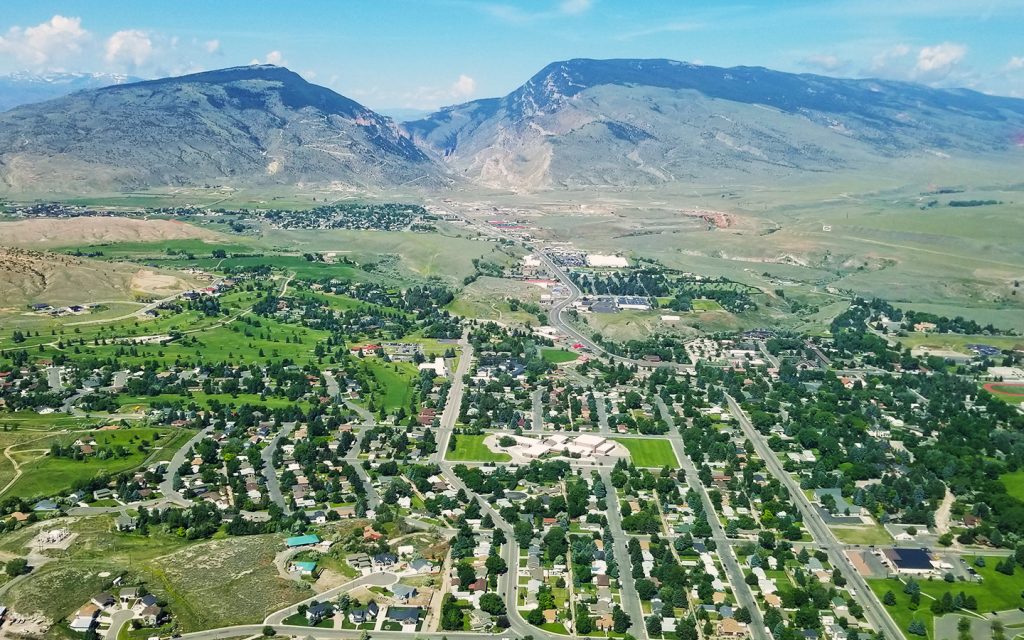
The grant is also a sign of the growing recognition that ranchers are part of the solution to habitat conservation, rather than a part of the problem.
Partnering closely with landowners and the NRCS, the coalition will work to increase support for the most effective practices, which may include electric fencing, range riding, carcass removal, and others. In particular, the program will develop knowledge-sharing resources and work with NRCS to determine the practice’s eligibility for dedicated conservation cost-share funding from the agency.
“The initial work done by the coalition to solicit input from and build relationships with partners and producers in local communities across the project area is commendable and will go a long way toward fostering adoption of proven conservation practices,” said Tom Watson, State Conservationist for NRCS in Montana. “NRCS is excited to support focused efforts by conservation partners to solve complex issues facing Montana’s farmers and ranchers.”
Protecting livestock from predators is a complex endeavor. New information about the best implementation of non-lethal methods of preventing depredations across the diverse landscapes of the West developed from the field trials in this project stand to be a major contribution to that effort.
† The coalition members are: Western Landowners Alliance, Heart of the Rockies, Defenders of Wildlife, Northeast Washington Wolf-Cattle Collaborative (WA), Lava Lake Land & Livestock (ID), Centennial Valley Association (MT), Montana Fish, Wildlife & Parks Region 2, Big Hold Watershed Committee (MT), Granite Conservation District (MT), Ruby Valley Conservation District (MT), Swan Valley Connections (MT), Watershed Restoration Council (MT), Madison Valley Ranchlands Group (MT), Krebs Livestock (OR), Blackfeet Nation Stockgrowers Association (MT), Rocky Mountain Front Collaborative (MT), Willow Creek Ranch (CA), Owens Ranch (OR), Truax Ranch (CA), Confederated Salish & Kootenai Tribes (MT), Spur Lake Cattle Company (AZ/NM)


